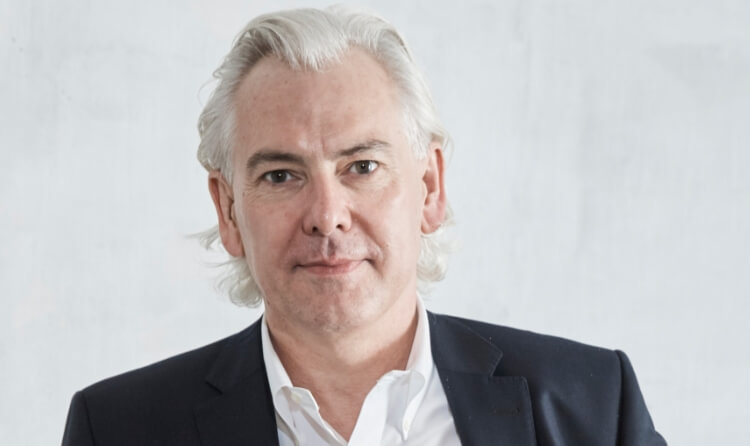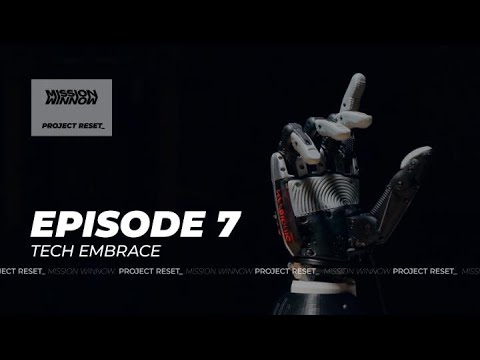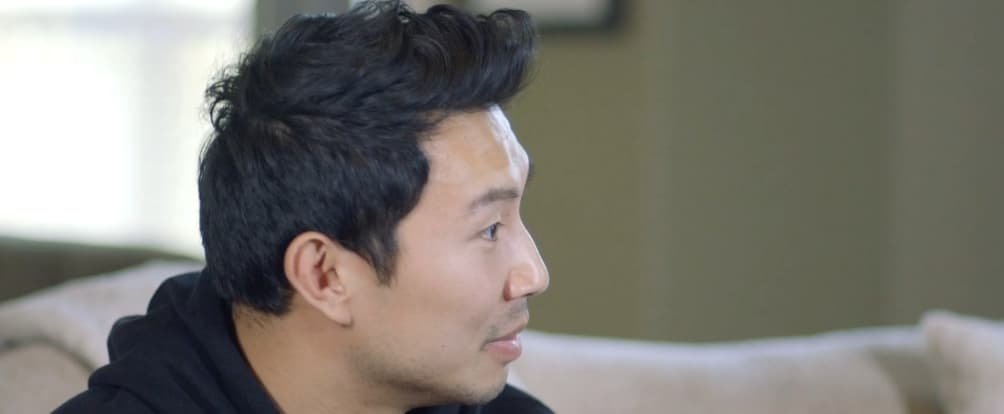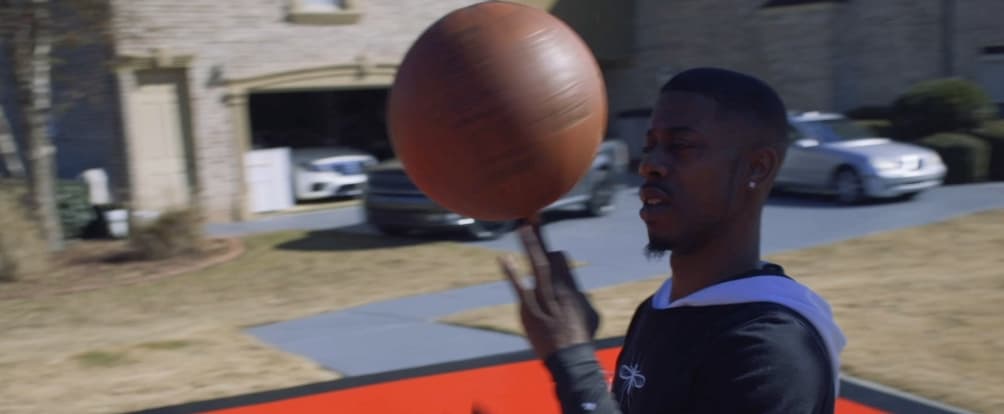Can we speed up innovation?
Every time we talk about innovation, there are two types of speed—two dynamics. Firstly, you have to be fast with innovation on its own. But I believe you have to pace yourself when you’re rolling out the innovation. By definition, innovation is something new. There are a lot of people out there who don’t know about these things, don’t have enough of the facts, so they cannot make a judgement.
It’s so easy for us to fall into the opinions that we have developed from the facts that we were familiar with ten years ago. But we forget that new facts might have appeared, new research might have come to light and therefore we should be changing our opinions. We’re not changing the facts, but we are living in an environment where we’re constantly being supplied with more and more new facts which should prompt us to change our opinions. And these opinions might translate into policies. There are perfect policies which were serving us in the 70s, 80s and 90s and they are policies which need to be revised, because new facts have appeared, the science has been verified, and we need to act accordingly.
How can leaders help teams to embrace innovation?
In a business, you often encounter “idea-killer” phrases that are usually emotionally loaded. One of these is “I don’t trust you.” And it doesn’t really move the conversation forwards. I can kill any project if I don’t trust its assumptions. What I can do in order to verify the assumptions underpinning a project is to show that they will actually lead to the results that we want to happen. It’s my job as a leader in an organization, rather than to stay in this territory of doubt and mistrust, to ask what I can do to move us forward. This is the logic that we try to apply in Philip Morris, but I think it’s a universal philosophy that many businesses are implementing.
Do the politicians and regulators pay enough attention to the facts and evidence?
Yes, they do. The question is how much time they need to act. Usually the first instinct is “I’d rather rely on my conventional wisdom,” because that’s the easiest path, rather than asking “how do I verify that what you say is truthful and factual and that I should adjust my policy?” That takes time. We at PMI invest quite a lot of effort in talking to the various institutions and governmental agencies. On the one hand some might say that these processes seem very slow but I’d say that’s presumably the time that’s needed for the other party to feel comfortable with the decisions they’re making by allowing certain products to go to market. I think it’s quite normal that every time you’re confronted with something new, your first instinct is “I don’t trust it. I don’t know what it is. I have doubts.” That is human nature.
So how do you go about encouraging people to move past their doubts?
We need to be empathetic and be prepared to try to help them through the process of changing their opinion, and accepting the new facts. Very often you have similar situations within business organizations, we call it “change management.” Describe where you want to go, what is your new direction, what are the steps you’re going to take and then take everyone step-by-step by hand and build in them the trust that it’s perfectly ok that we’re changing our perception of the world because new facts are now on the table and we have to recognize them. If we don’t recognize these facts it can have very negative consequences.
Do you remember how people reacted to the first TV antennas? People demolished these antennas and the first radio antennas. Now we see the same things happening with 5G. There’s always a degree of doubt, and then education has to follow to explain to people that its perfectly ok.
You say that the science is the science regardless of its sponsor, but why would industries such as yours pay for research, the results of which could be detrimental to their goals?
It depends what is the “goal”. If our goal is finally to solve the problem of smoking, I think that’s a very legitimate goal to have. Then, you’re trying to put a number of hypotheses on the table as to how we can develop a product which can be liked by (in our case) smokers, but will significantly reduce their exposure to toxicants, and ultimately reduce their risk. Obviously while doing this you have commercial objectives, but it’s a legitimate objective to replace combustible cigarettes with vastly better alternatives. Yes, you’re investing in the science; Yes, you have an interest there. But these interests, I think, are aligned first of all with smokers, who need a solution, but also with other stakeholders such as investors. This notion that something was paid for by somebody becoming the only critical factor in assessing whether this is real science or not is, frankly speaking, lazy thinking. You can stop any conversation, but very often you may be missing big opportunities. I personally think that if we had other stakeholders who were much more open to verifying the science rather than challenging the ownership of it, we could conceivably have solved the problem of smoking much faster than anyone would think. I believe the same thing happens in many other industries when they have innovations—very often disruptive innovations—which can improve the quality of life of people all over the planet.
There is two-way communication in building trust. That’s very important. I have to understand why regulators don’t trust me. But regulators and scientists should also think “Well hold on a second, is the fact that this is Philip Morris’ science my reason to distrust this science? What can I do to verify whether what they’re saying is true or not—whether these are the facts, and whether these are the right conclusions based on those facts.” If we don’t establish this dialogue, it really slows down progress. And I’m not just speaking about the tobacco industry. If you look, for example, at what’s happening with climate change, how many years did it take people to come to the table to start really looking into the facts and realizing “maybe this is real, maybe we should be doing something about it?” Many of the ideas we have might be wrong. In trying to address big problems you have to allow for the fact that there might be some failures, but how quickly can you learn from these failures? That’s very important. The speed is dependent on whether you have this dialogue. Unfortunately, for a range of reasons, we can see that the world is becoming fragmented. There’s a polarization of opinions, and we’re almost losing the ability to have a proper conversation. It’s one of my biggest worries that we’re slowing down a lot of great progress that we could have achieved if opposing parties came together.
How do you build trust when people feel they have good reasons not to trust you?
Being transparent. You say what you know, you say why you know it, how you reached your conclusions and you invite dialogue with the right people. There is obviously the function of time. Trust has this component of time. You won’t build trust because you did one thing. You make declarations, you walk the talk, people realize that what you are saying, you are doing. That’s the process. Will you ever build 100% trust? I don’t know. It doesn’t matter as long as you’re improving this trust component—that’s the most important thing. Being transparent and sharing openly what you have is key. In our case, we could never make a claim about a product without disclosing the science and on what basis we make this claim.




